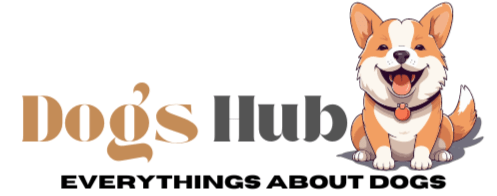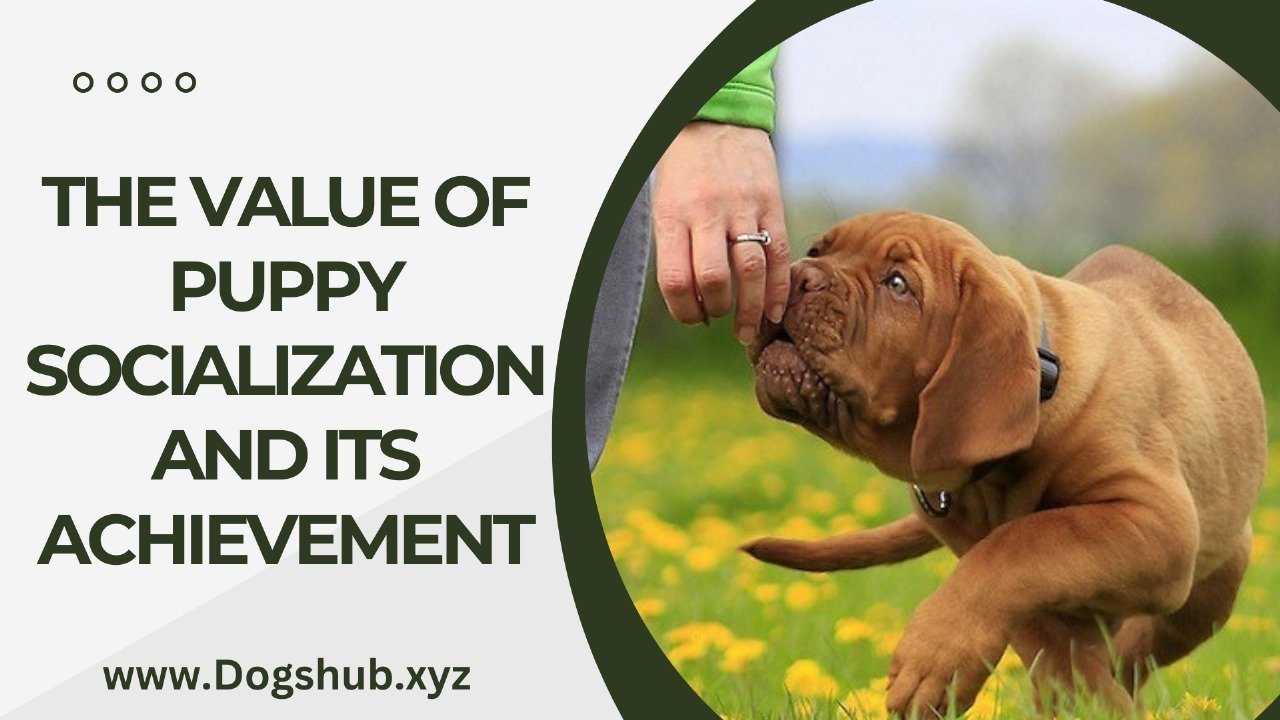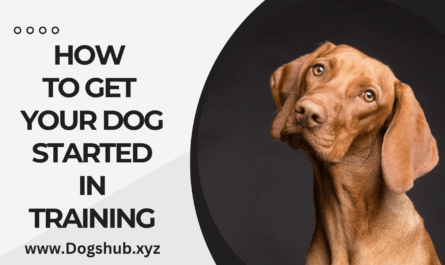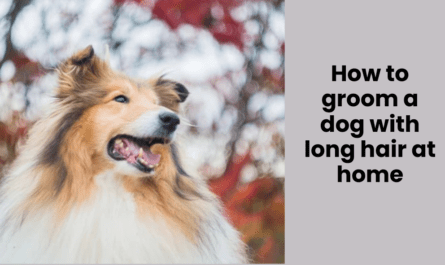THE VALUE OF PUPPY SOCIALIZATION AND ITS ACHIEVEMENT. The vet has scheduled appointments you’ve bought the most essential equipment for your puppy, and prepared your body for months of bathroom training. But there’s still a significant obstacle to overcome once you bring a new puppy home: socialization.Teaching your puppy that the world is a safe place and that interacting with new people, animals, and events doesn’t have to be frightening is the main goal of socialization. It’s achieved through giving puppies positive reinforcements in new environments throughout their exciting beginning three months.
The critical phase of socialization for puppies, adequate to behavioral scientists John Paul Scott and John L. Fuller takes place between the ages of three and twelve weeks old. Just a bit of time to affect on a puppy’s behavior later. If you’ve gotten your puppy minimum eight weeks old, you’ve just a month to make the most of this crucial stage during your puppy’s growth.
A puppy who has not been well-socialized from a young age can be neurologically anxious and is more likely to be timid, anxious and shy around new people as well as animals and other situations. Bonnie V. Beaver, DVM an accredited board certified veterinary psychologist, claims that children are naturally learning over their lifetime. A positive exposure to different things and sounds makes the puppy more intelligent, healthier and self-confident In the same way, he’ll be able to handle daily situations, such as hearing the sound of a garbage truck or climbing up a steep staircase with ease.
Puppies Are Socialized If?
While socialization is a constant process through the puppy’s lifetime however, most is happening during the initial 12 weeks of his life. In fact the socialization process can start as early as the time of birth. The puppies born at birth have developed sensitivities to smell and touch however, they do not have hearing or sight. The responsible breeder starts to engage with their pups right away in order to benefit them adjust to the human touch. Puppies have their eyes and ears begin to open around two weeks old. It is important to expose them to everyday sounds such as the pans and dishwasher clanging throughout the time. The stimulation stimulates the brain and aids in getting them use to sounds that they might hear at home.
Puppy puppies get the strength, coordination as well as a desire to excitement between 4-8 weeks. The puppies begin interacting with peers and experimenting with the improvements that their breeder has created. A receptive puppy kennel may look like a play area for children featuring toys that make a squeak bang and honk along with hanging items with different textures, as well as challenging obstacles. Prior to letting the puppies move to their new home The breeder must permit them to explore the outdoors as well as the inside, and also different scents, sounds and even car trips.
Strategies for socializing an Animal
Your puppy should expose him to external the world for at or near the age of 12 weeks and even after you have brought the puppy home. Consider the process of socialization as a continuous one. While the foundation you establish in the beginning is vital but there is a risk of decline if the lessons your puppy has learned don’t continue throughout the adolescent and juvenile stage.
Most importantly, pay attention to your dog’s reaction in various circumstances. If your dog is scared of something, remove off the threat then praise him and reward him with treats so that he can associate the fear with positive rewards. Keep in mind that you’d like your dog’s relationship with all the things he encounters within his environment to be positive and you feel safe. Your puppy can choose whether to be a part of the conversation or not make sure you give him small, chewable snacks. “It’s crucial not to overload your puppy with a lot of different experiences at the same time,” says Ellen M. Lindell the President of the American College of Veterinary Behaviorists and a veterinariae medicae doctoris at the University of Pennsylvania.
Classes For Socializing Puppies
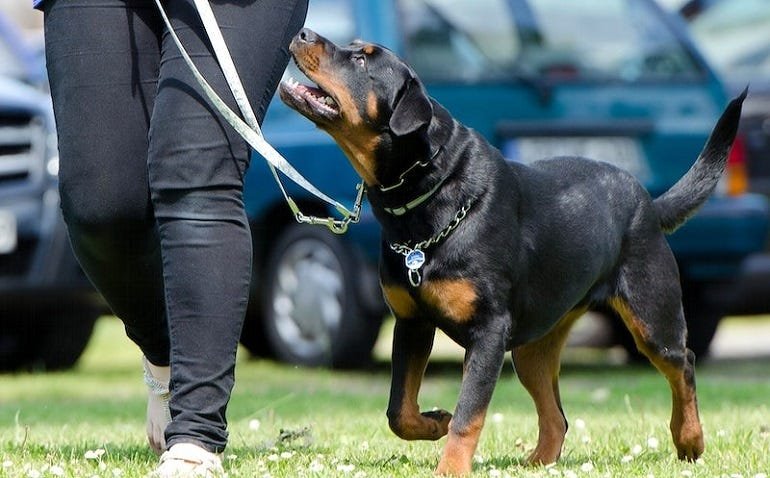
One of the most important aspects of socializing your dog’s personality is to teach him or her how to interact with dogs of other breeds. The puppy kindergarten classes are among of the most secure means of exposing puppies to dogs of other breeds. The puppies are exposed diverse range of experience during these classes that are not intended designed to teach obedience. The experiences can include having fun with dogs of different breeds and meeting new people exploring different terrains and much more. Working with a trained trainer and using the power of positive reinforcement (plenty of sweets) helps your dog know that the world doesn’t have to be an unforgiving place.
Social contacts at home
While taking classes is the excellent way to expose your puppy the world beyond, socializing the dog in your home is just as essential. Because he’ll be within your home for duration of his life It is crucial that your puppy is familiar with the sounds, sights, and smells of his everyday environments.
Your puppy should be expose to as types of people, sights, sounds and scents as you are able to make him feel comfortable in your home. This short list of things your puppy must be exposed to in the initial three months is known as a puppy socialization checklist.
Objects:
Mirrors
Balloons
Bubble wrap, plastic bags, as well as packaging
Brooms
Flags that hang
“Baby strollers
Balls as well as Frisbees
TVs
Water (sprinklers and hoses)
Sounds:
Vacuum cleaners
Dishwashers and other laundry appliances
Lawn mowers
Cars
Fireworks
Music
Sirens
People:
Individuals from any gender, age race, sizes, and genders
For Children
Babies
People wearing glasses, hats, coats, masks, etc.
Individuals together wheelchairs or others physical aids
Textures:
Carpet
Hardwood
Tile
Grass
Dirt
Sand
Socialization Visits
Your puppy is taught to be involved with a wide range of experiences and people that aren’t available in their own home. This is accomplished by taking short trips to the supermarket as well as parks. Take a look at these exciting puppy-related exercises, but remember to take treats with you to benefit your puppy establish positive connections to each of them.
Explore an extensive online store for home improvements.
Eat lunch in an outside cafe.
Take a stroll around the garden centre.
Automatically opens the doors and shutting them.
Take a stroll through a bustling, noisy city road.
Stop by farms and smell the animal.
Slumber in the sand of the beach.
Scale over fallen limbs
Can puppies to socialize before the Vaccination?
Providing your puppy with proper vet care and allowing the puppy to be out and around will ensure the accurate start to the world of. The first year of puppy’s vaccinations. But, is it acceptable for puppies to be introduced into the world before getting all vaccines?
Because of the puppy’s vulnerability to infectious illnesses like canine parvovirus certain doctors suggest that parents avoid taking their puppies outside until they turn 16 weeks old and have received all the recommended vaccinations.
